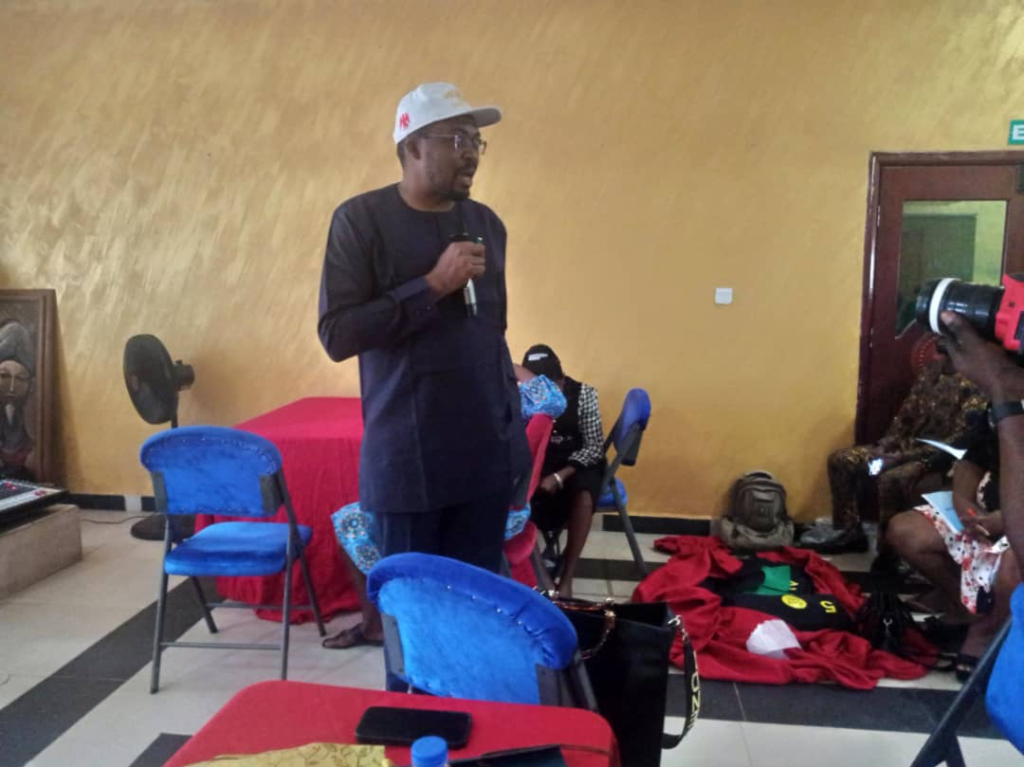
The Anambra State Government has commenced training for public and private health workers to tackle postpartum haemorrhage which is the major cause of maternal mortality in the state.
Dr Afam Obidike, the state’s Commissioner for Health declared open the training on the use of anti-shock garments in cases of postpartum haemorrhage in women, on Friday in Awka.
The training which was organised by the Anambra State Ministry of Health had doctors and nurses from mission and General Hospitals in attendance.
Obidike described Postpartum Haemorrhage as bleeding after delivery which could lead to death if not properly managed.
“Gov. Chukwuma Soludo approved the procurement of 120 anti-shock garments for mission and general hospitals across the state and
more are being procured presently for primary healthcare centres in all the 326 wards.
“This administration also declared
free antinatal and delivery services in public hospitals to ensure that no woman dies during childbearing.
‘This training is also to put an end to cases of deaths during and after childbirth majorly caused by excessive bleeding which we have noticed to be on the high side, especially in hard-to-reach areas.
“The state government is determined to achieve zero maternal mortality across the state,” he said.
The Commissioner urged the participants to take the training seriously and pass on the knowledge to other health workers in their hospitals.
“This training will be continuous and we want to commend our governor for leaving no stone unturned in ensuring quality healthcare services for residents,” Obidike said.
While demonstrating how to control bleeding using anti-shock garments, Dr Uju Okoye, state Coordinator of Reproductive Health, identified a lack of effective contraction of the uterus, as the most common cause of bleeding.
Okoye emphasised that the anti-shock garments were not for pregnant women and cases of shocks without loss of blood.
“The anti-shock garment can only be used for any emergency where loss of blood is involved and it must not be removed until the patient is taken to a more equipped hospital and stabilised,” she said.

